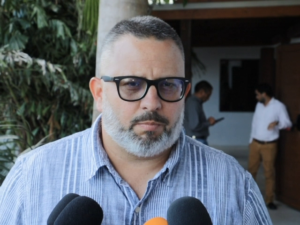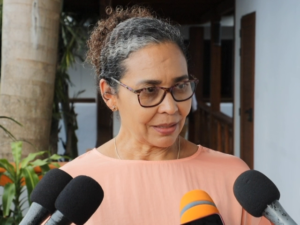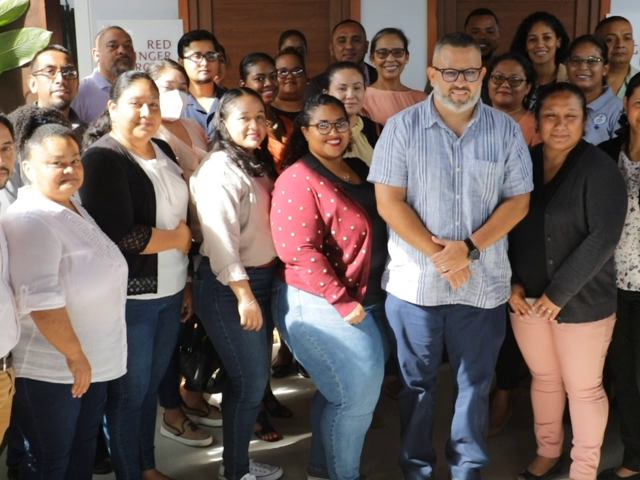A Workshop for Doctors on Sexual Assault Examination Management
For the past three days, over twenty-five medical practitioners from across the country sat in a workshop that trained them and other relevant partners on the management of sexual assault examination. This follows a finding by the Belize Crime Observatory that there has been a five percent increase in major crimes, including rape, which has increased by over forty-one percent last year. Almost ninety-nine percent of sexual violence victims were women, and this training was designed to assist the participants to enhance their ability to better deal with aspects of trauma-informed sexual assault case management, among other areas. Participants included Home Affairs Minister Kareem Musa, police officers, and Rhona Hutson, a sexual assault examiner from Jamaica.

Kareem Musa
Kareem Musa, Minister of Home Affairs
“There are some 26 – I believe – doctors who were trained to carry out medical examinations in sexual assault cases, for the purpose of being able to testify in court, and this is an extremely important exercise because in many instances, especially as far down south as PG, or Corozal, there are cases where victims are not able to see a doctor and many times, a doctor may feel that they are not qualified or certified to give evidence before a court of law. And so this exercise was extremely important. It does have some legal technical issues because they are going to be testifying in court. And so yes, the medical side, they already have that covered, but it was important to be able to give them this training so that they can help in terms of the PACE Justice Program of expediting the backlog, but at the same time offering justice to many victims across the country.”

Rhonda Hutson
Rhonda Hutson, Emergency Physician, University Hospital, Jamaica
“The doctors have been very honest and sharing what they have. And there are some gaps. I think in general, it’s a Caribbean thing, to be honest, because you are where we were many years ago. And I don’t mean it in any odd way. What I mean is, it’s the same sort of fears that persons had. The same kinds of – where we’re not sure what to do. We do something and somebody says to do it this way and so on. And what this training did was to help to identify some of the deficiencies and the gaps and then hopefully put everybody on the same page. Both in terms of how to properly examine someone who has been sexually assaulted, and particularly the documentation. And then when you go to court, how do you conduct yourself because that’s a big thing. And we had a lot of role playing and there are a lot of things that came out today, over the last three days.”






Facebook Comments